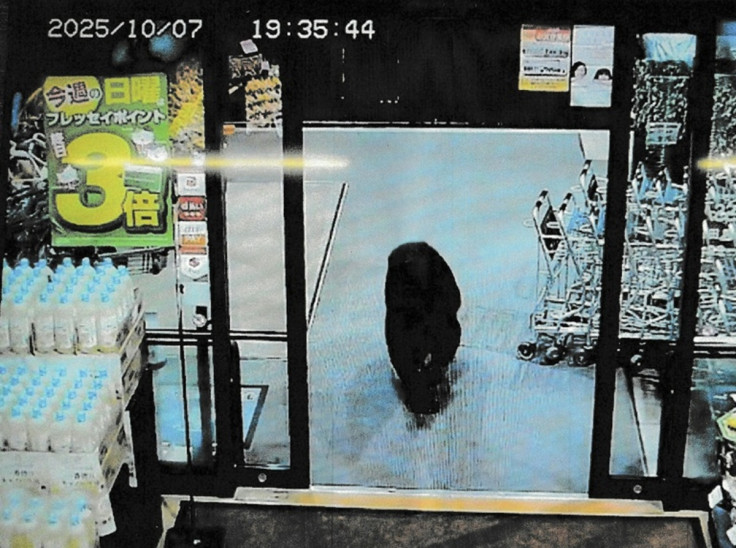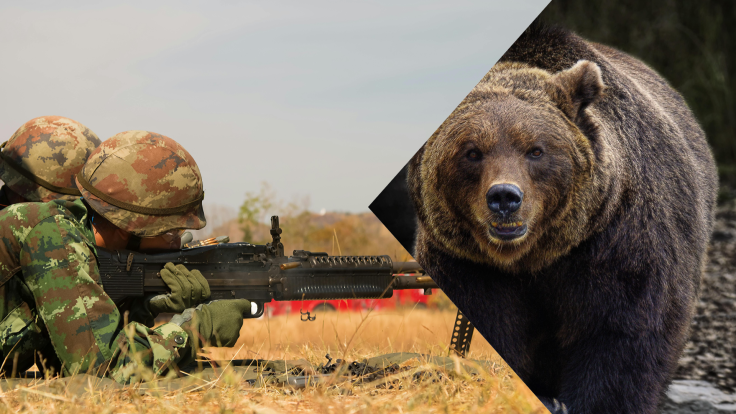Japan's Bear Crisis Explodes – Army Called In After Dozens Killed
Rural Japan on edge after a wave of bear attacks and killings

The killing spree taking place in rural Kazuno and surrounding areas in northern Japan is as chilling as it is unprecedented. The country has now dispatched army troops to help wrestle with a string of bear attacks that has left a dozen dead and many more fearing for their lives. In the face of this mounting threat, officials say the scale of the crisis demands extraordinary action.
Bears Kill Dozens of People in Japan
In recent months, farmers, hot spring resort workers and even supermarket patrons in Japan's rugged north have found themselves unexpectedly face to face with wild bears. Since April, over 100 bear attacks have been recorded, with a record 12 deaths, an alarming figure that points to a crisis beyond ordinary wildlife mismanagement.
In Akita prefecture alone, sightings have surged sixfold to more than 8,000 this year. For context, Japanese black bears, which are found throughout much of the country, can weigh up to 130 kilograms (around 287 pounds). In Hokkaido, the brown bear population can reach a staggering 400 kilograms (882 pounds.)

Local residents describe the shift with a mixture of disbelief and urgency. Where once a noise in the woods would send a bear fleeing, now it's the humans who retreat. One official put it bluntly: 'They're truly frightening animals.'
The ripple effects are broad and immediate as day-to-day life is disrupted, events are cancelled, outings postponed after dark, and schools temporarily shut. In a region once known for its mountain scenery, hot springs and apple orchards, the presence of bears has become a daily and deadly threat.
Why Are the Bears Attacking Humans?
Many interlocking factors underlie this dramatic uptick in attacks. The onset of autumn, particularly October and November, traditionally brings more bear movement as animals forage before winter hibernation. This year, that timing has intensified.
Deeper structural shifts are also at play. Climate change has disrupted the bears' natural food sources, pushing them toward human settlements in search of sustenance. Meanwhile, Japan's rural depopulation and ageing hunter base mean fewer people are equipped to deter or respond effectively to escalating bear encounters. The result: a deadly mix of fewer deterrents, more open space and hungrier bears.
Japan's Military Has Been Deployed
In a rare move, military personnel from the Japan Self‑Defense Forces (JSDF) have been sent to Kazuno, with plans to expand operations to neighbouring towns such as Odate and Kitaakita. The mission, which runs until the end of November, includes transporting and setting steel barred traps to assist licensed hunters, patrolling roads and assisting in community safety efforts.
Moreover, their typical kit includes body armour, shields, and wooden poles shaped like rifle bayonets. Tokyo has promised a package of emergency countermeasures. These include relaxing gun control rules for urban areas to allow hunters greater flexibility, and encouraging more licensed hunters to participate in population control.
But while the military presence may provide short-term relief, experts warn that the bigger issues remain. Without restoring natural food sources, supporting rural communities and reinvigorating wildlife management capacity, the crisis may only become worse. One official summed it up: 'As bears continue to enter populated areas in many regions and injuries from bear attacks increase daily, we absolutely cannot afford to put off bear countermeasures.'
The delicate balance between protecting wildlife and ensuring human safety is now one of Japan's most urgent challenges in the coming months.
© Copyright IBTimes 2025. All rights reserved.





















